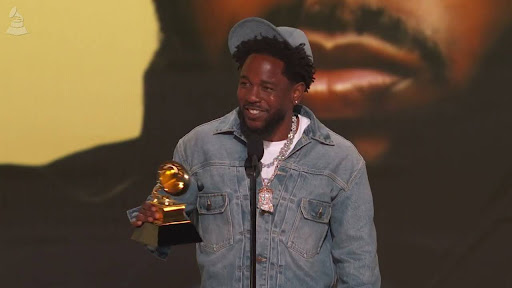
Democratic presidential nominee Kamala Harris made the political world buzz at a rally last week when she reprimanded Christian attendees for screaming “Jesus is Lord” during her speech.
The vice president gave a response that was clever to those in attendance, calling out the hecklers for being at the “wrong rally.” She said they should “instead go to the smaller one down the street,” referring to the Trump rally.
Even though Harris received thunderous applause, the optics of the situation led to a divided reaction overall. Many have pointed to the incident as yet another example of the Democrats failing to connect with Christian audiences.
While the notion is certainly on the mark, this reality isn’t simply due to “trash-talking.” Christian voters have lost trust in the Democratic Party, not because of comments similar to what Harris said at the Wisconsin rally. The true culprit has been the party’s lack of appealing to demographics that tend to be followers of the religion.
Since Christians vote more on average than other demographics, they have a significant impact on the outcomes of elections.
The constituency is primarily represented in rural areas, parts of the country where manufacturing has historically and contemporarily been the backbone of the economy.
For most of the 20th century, these areas were considered Democratic strongholds. But this began to change due to the party’s shift away from pro-labor policies in the 1990s. The North Atlantic Free Trade Agreement (NAFTA), established by the liberal Clinton Administration in 1994, created a 3-way agreement between the United States, Canada, and Mexico limiting tariffs and other barriers to free trade between the 3 countries.
This sounded good on paper, but in practice it led to millions of rust-belt manufacturing jobs being sent away.
The economic downturn led to a loss of trust in democratic leadership, thus Republicans began to gain more ground.
This was exacerbated during the 2016 election season.
The Democratic Party chose to back Hillary Clinton, the wife of the man who orchestrated NAFTA and someone who was the epitome of the so-called D.C. establishment.
In contrast, the Republican Party unified under Donald Trump, a so-called populist who portrayed himself as a political outsider who would solve the rural economic problems caused by career D.C. politicians.
Trump also ushered in a new era of culture war sentiment within the Republican Party.
He and most Republicans have stated that Democrats pushing for more immigration has been a big cause of their worsening economic conditions. Further radicalizing rural, predominantly Christian Americans against the Democratic Party
Data shows that this is overblown. Immigrants commit crimes and traffic illegal drugs at less rates than natural-born U.S. citizens
Despite this, Democrats have and still continue to treat this as a legitimate grievance and even give credence to it in some cases.
Instances such as Kamala Harris refusing to condemn the border wall —a shift from her stance four years ago — don’t serve to benefit her party because this type of sentiment has been dominated by the Republicans to target liberal politicians. It’s simply not feasible to expect these types of voters to choose Harris when Trump has been advocating for the same policies for a lot longer.
Harris’ “wrong rally” comment may have annoyed some Christian voters, but poor political instincts and policy shifts are the true reason why Christians will continue to cost the Democrats electorally.










Michael • Feb 11, 2025 at 6:12 pm
Great opinion piece, Micah!